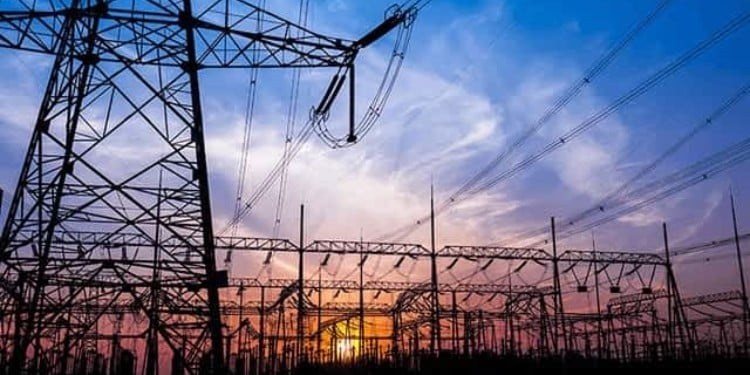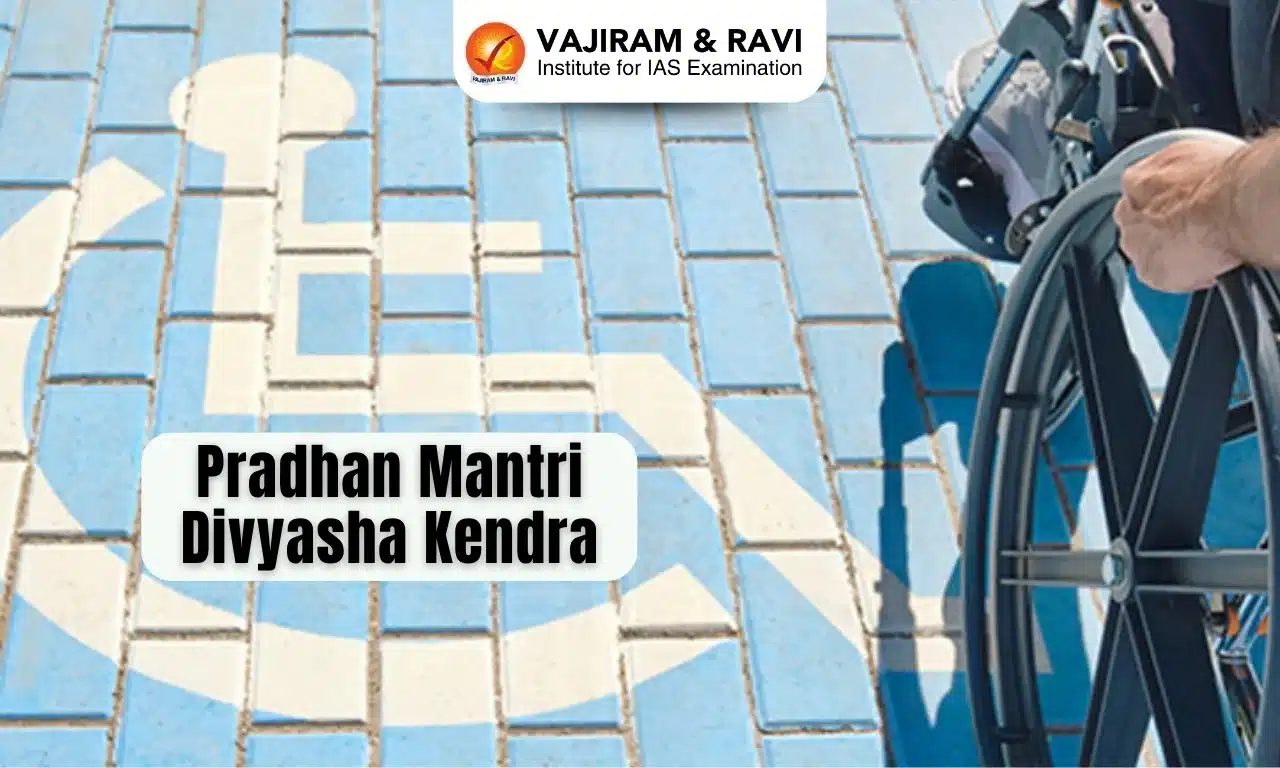About Perform, Achieve & Trade (PAT) Scheme:
- PAT Scheme is a flagship program under the National Mission for Enhanced Energy Efficiency (NMEEE).
- Implementing Agency: It is implemented by the Bureau of Energy Efficiency (BEE) under the aegis of the Ministry of Power.
- Objective: PAT scheme aims at reducing Specific Energy Consumption (SEC), i.e., energy use per unit of production for Designated Consumers (DCs) in energy-intensive sectors, with an associated market mechanism to enhance the cost-effectiveness through certification of excess energy saving, which can be traded.
- Energy Saving Certificates (ESCerts):
- The excess energy savings are converted into tradable instruments called Energy Saving Certificates (ESCerts) that are traded at the Power Exchanges.
- Trading Platform: The two Power Exchanges, India Energy Exchange (IEX) and Power Exchange India Limited (PXIL) provide the trading platform for ESCerts.
- Central Electricity Regulatory Commission (CERC) is the market regulator for the trading of ESCerts.
- PAT Scheme is implemented in cycles of 3 years each, where the Designated Consumers (DCs) are assigned SEC reduction targets.
- Designated Consumers (DCs) who fall short of their targets bid for the purchase of ESCerts.
Bureau of Energy Efficiency (BEE):
- BEE is a statutory body under Ministry of Power.
- The Government of India set up BEE on 1st March 2002 under the provisions of the Energy Conservation Act, 2001.
- Mission: Develop policy and strategies with a thrust on self-regulation and market principles within the overall framework of the Energy Conservation Act (EC Act), 2001.
- Primary Objective: To reduce energy intensity in the Indian economy.
What is the National Mission for Enhanced Energy Efficiency (NMEEE)?
- It is one of the eight national missions under the National Action Plan on Climate Change (NAPCC).
- Objective: NMEEE aims to strengthen the market for energy efficiency by creating a conducive regulatory and policy regime.
- BEE fosters innovative and sustainable business models in the energy efficiency sector.
- The mission is implemented since 2011.
- Implementing Agencies: Bureau of Energy Efficiency (BEE), Energy Efficiency Services Limited (EESL).
Q1) What are Energy Saving Certificates (ESCerts)?
Energy Saving Certificates (ESCerts) are issued to those plants that have achieved excess energy savings over their targets. Units that are unable to meet the targets either through their own actions or through purchase of ESCerts are liable to financial penalty under the Energy Conservation Act, 2001.
Source: Andhra Pradesh is best performing State under PAT scheme: BEE chief
Last updated on July, 2025
→ UPSC Notification 2025 was released on 22nd January 2025.
→ UPSC Prelims Result 2025 is out now for the CSE held on 25 May 2025.
→ UPSC Prelims Question Paper 2025 and Unofficial Prelims Answer Key 2025 are available now.
→ UPSC Calendar 2026 is released on 15th May, 2025.
→ The UPSC Vacancy 2025 were released 1129, out of which 979 were for UPSC CSE and remaining 150 are for UPSC IFoS.
→ UPSC Mains 2025 will be conducted on 22nd August 2025.
→ UPSC Prelims 2026 will be conducted on 24th May, 2026 & UPSC Mains 2026 will be conducted on 21st August 2026.
→ The UPSC Selection Process is of 3 stages-Prelims, Mains and Interview.
→ UPSC Result 2024 is released with latest UPSC Marksheet 2024. Check Now!
→ UPSC Toppers List 2024 is released now. Shakti Dubey is UPSC AIR 1 2024 Topper.
→ Also check Best IAS Coaching in Delhi














